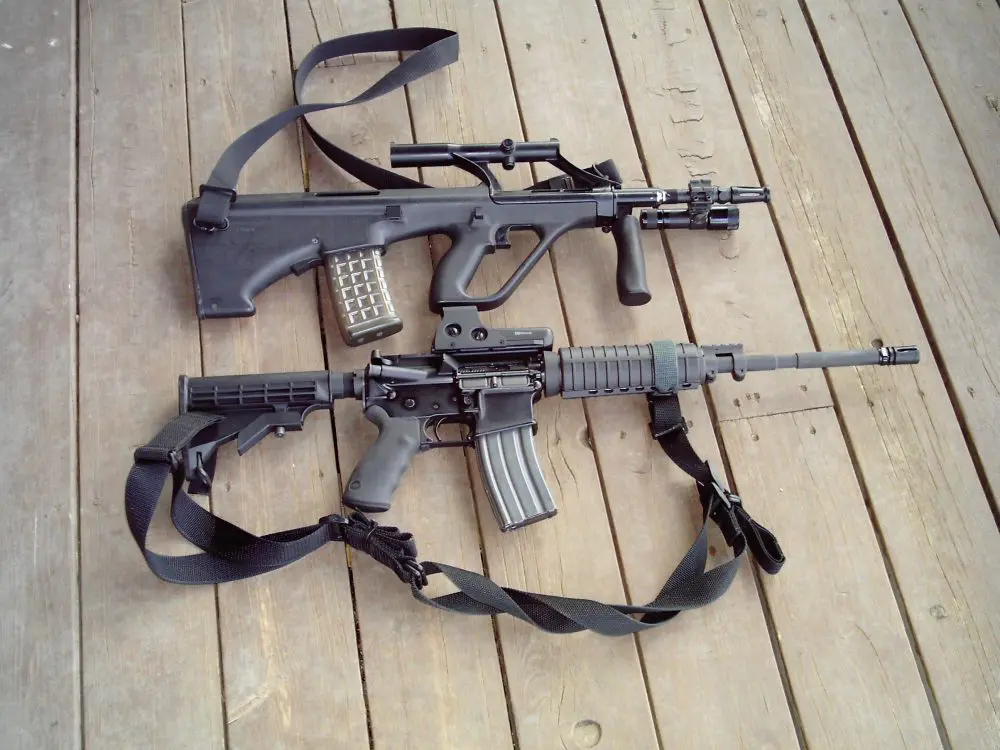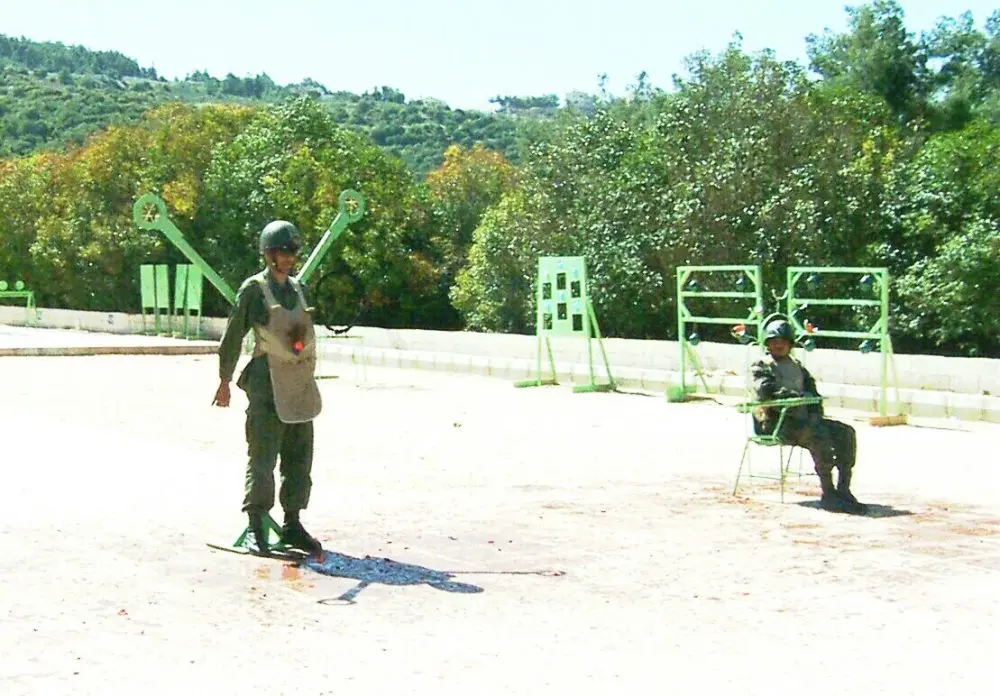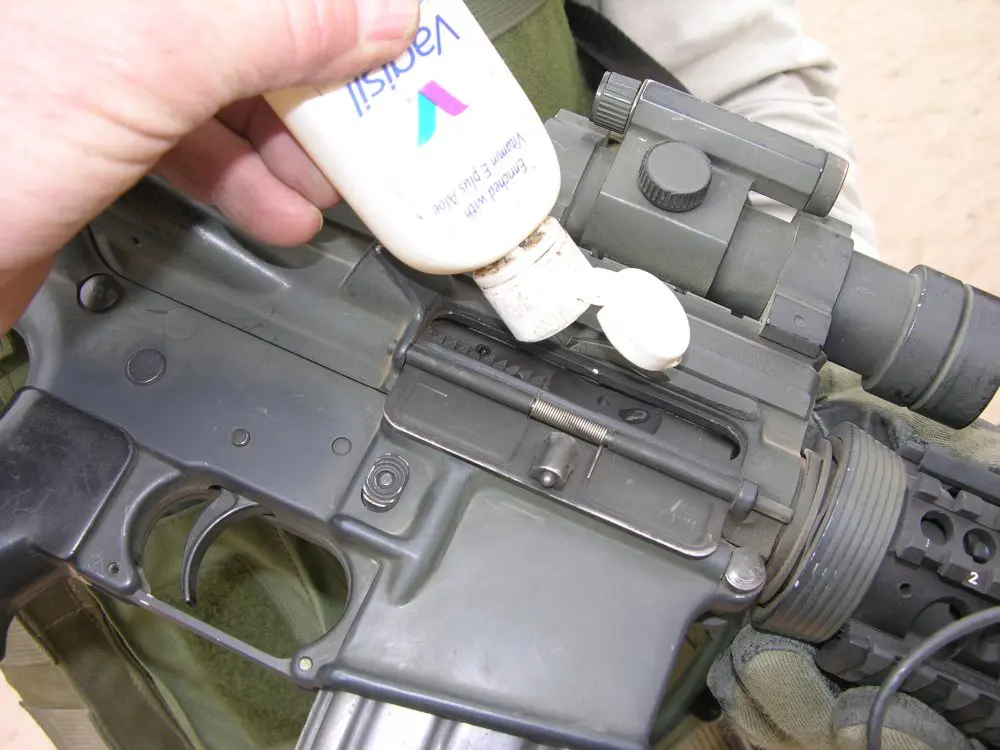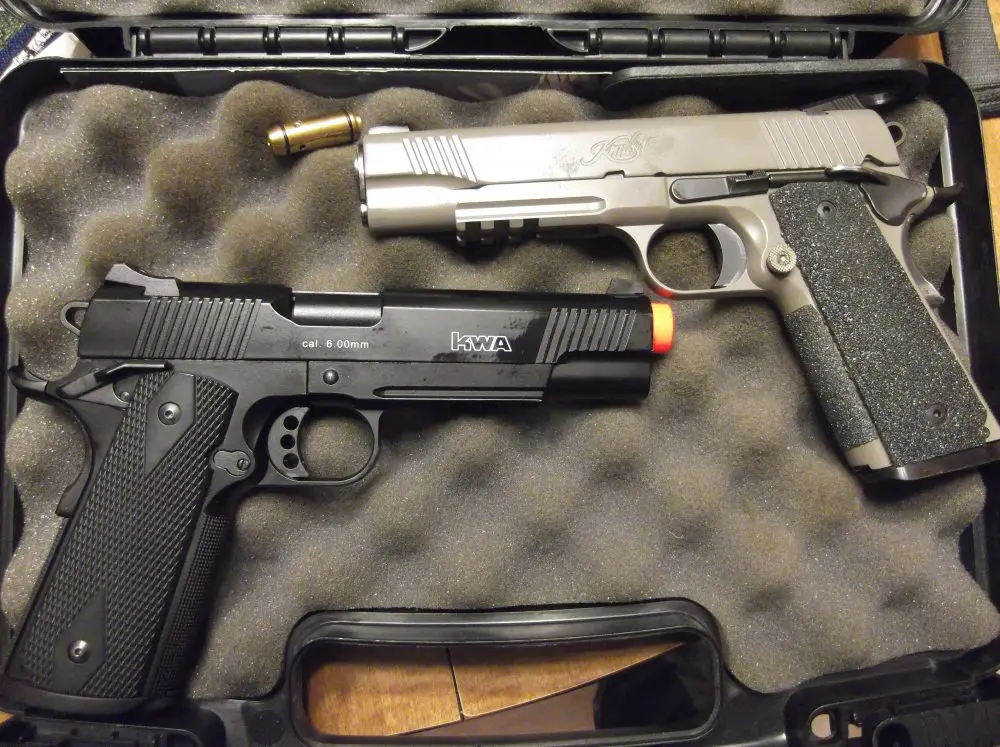Just look at you—packing a great gun, been to dozens of classes, got a highly tactical backpack covered in cool morale patches and, best of all, you really know how to “talk the talk.”
But I wonder: Can you “do it”?
Get your mind out of the gutter. I mean, do you possess the internal fortitude to commit violent and wholly unpleasant acts upon an adversary who means you serious bodily harm or death?
I know the answer: “Of course!” with at least a couple of extra exclamation points. After all, you’ve talked about it, trained for it and geared up appropriately so there won’t be a moment’s hesitation when it’s time to act decisively.
Now let me ask an honest question, just between you and me: Are you lying to yourself? This query has been stuck in my brain since a recent training class. I had a great time during the course, learned some new tricks, and enjoyed my fellow students, a group of bright, savvy and wholly likeable folks. However, there was someone in the class who I am utterly convinced will die if confronted by serious violence.
I don’t mean that the student didn’t possess the skills, gear or physical ability to engage in combat. Everything about this person appeared ordinary, at least until we began the actual physical training.
The student demonstrated genuine revulsion about the violent self-defense techniques that were presented, and had an obvious distaste for inflicting any degree of discomfort on classmates. This person didn’t seem particularly soft, passive, emotional, or sentimental, but it was obvious he simply wouldn’t hurt another human being.
These observations are contrasted with the fact that the student is an avid shooter who has attended a variety of tactical classes and carries a concealed firearm every day.
A major disconnect was at work here, but in my experience, it isn’t all that uncommon. This issue is often seen in training classes, typically with private citizens but occasionally with law enforcement or even military personnel. The problem isn’t a shortcoming in training, weak psyche, hyper-developed sense of morality, or general squeamishness. Those might be contributing factors, but the overarching problem is the fact that we lie to ourselves.
We look in the mirror and tell ourselves we’re in great shape despite the huge hairy mound of flab hanging over our belt like a one-eyed walrus. Our credit history spirals out of control because we tell ourselves we’ll use the card one last time then pay it off in full before any further shopping trips. Later, we head to a party while telling ourselves we’ll only drink two beers. You get the picture, and you’ve done the same thing. We all do, because it’s human nature.
In this particular case, the student lied to himself about being truly ready for a violent interpersonal crisis.
When talking to average people about firearms in a non-training setting, one of the most common statements I hear is, “I keep a gun so I can scare off a bad guy.” I gently try to explain that this is the height of folly but, as shown, this same sentiment exists to some degree even in folks who have the proper gear, guns and vocabulary of an erstwhile warrior.
There are myriad reasons why people cannot inflict damage in the course of legitimate self-defense. But before we address that psychological Gordian knot, an important first step is to turn your machismo down to “simmer” (even the ladies) and have a heart-to-heart talk with yourself.
If after such a discussion, it becomes more apparent that you might have trouble pulling the trigger, thrusting a knife, or bashing someone in the head with a stick as circumstances dictate, let me address a few mental sticking points before you give up and join the Quaker church.
Take solace that self-doubt and burdens of conscience are wholly normal. Anyone with the usual range of psychological function should have some degree of aversion to harming other people—even bad people. If not, you meet the definition of a sociopath and need to seek help. That, or become a televangelist.
Another concern, fear, is always going to be present in a dangerous situation. Experienced operators have learned simply to acknowledge it, then move on to more pressing issues. In fact, you should welcome some degree of fear as a natural performance-enhancing drug that will help you be more prepared to confront danger during a crisis.
Religious issues, so I am told by the pulpit-pounders, are easily dismissed. In the majority of spiritual belief systems, the admonishment against killing is really a directive against premeditated murder. If you are truly acting in self-defense, this shouldn’t be a problem.
Other concerns may center on social or legal issues, especially the imagined aftermath of a violent incident. Throw this one right out the window as a common, but completely pointless, worry. Your job is to survive, not worry about bogus criminal charges or what the people down at the local bowling alley might say.
In the end, after an honest self-examination, if you truly can’t stomach the idea of inflicting harm on another human during violence they have initiated, the answer is pretty simple: you are in the wrong field of endeavor. Sell your gun, leave the knife at home, and become one of the world’s sheep, who, as odds suggest, will likely survive into old age just fine. That is, if you’re lucky.
Me, I’m unlucky. Therefore I’ll keep doing unto others before they do unto me.





